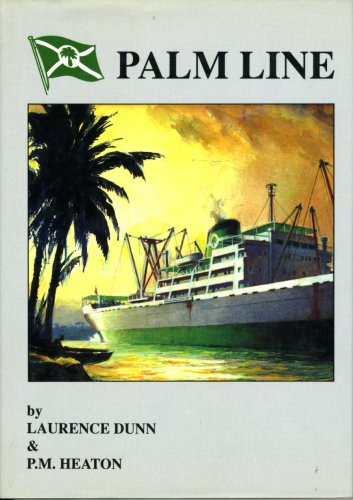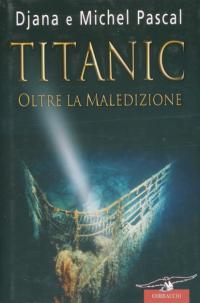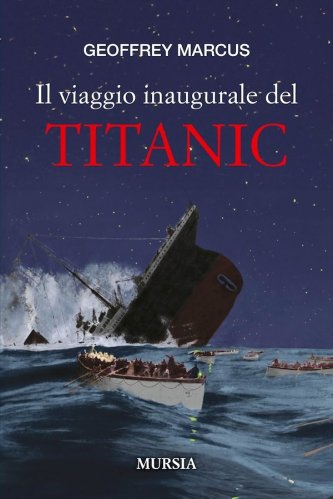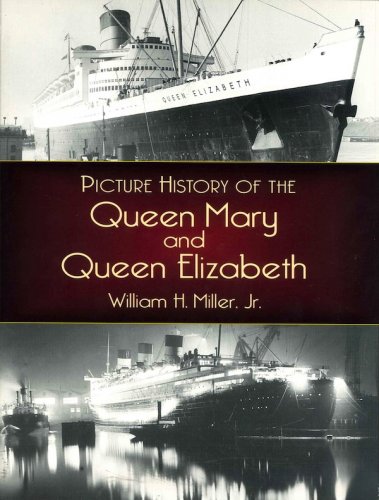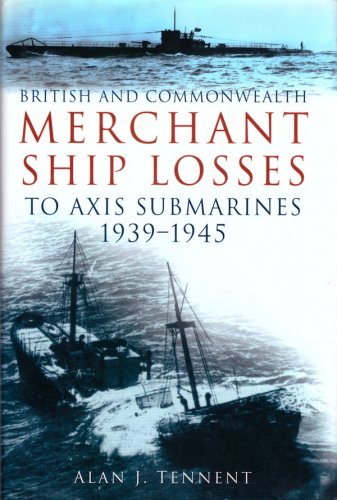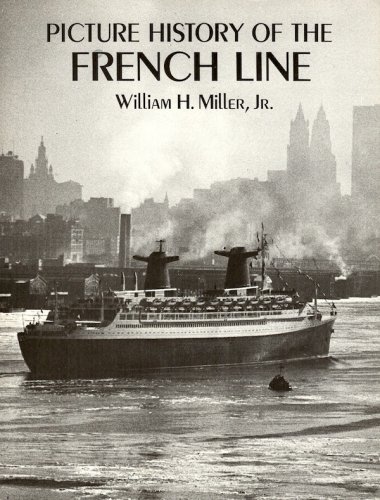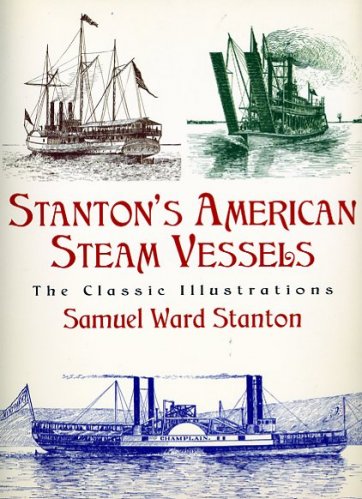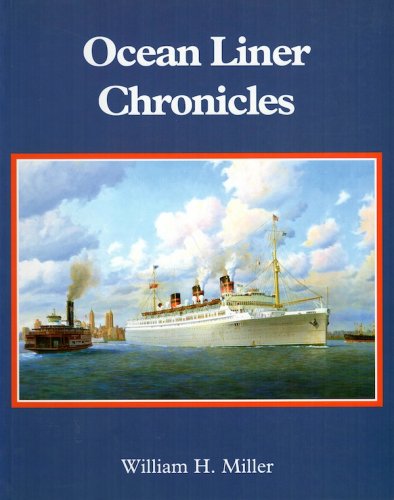Palm line
Palm line
- Disponibile in 48 ore
- Possibilità di reso entro 10 giorni lavorativi
- Transazione sicura con carta di credito, Paypal o bonifico bancario
- Spedizione tracciata con SDA
William Lever, originally a Bolton grocer, became famous before the First World War as the most important person in the soap industry in the United Kingdom. He was anxious to safeguard his supply of raw materials, particularly palm oil and palm kernel oil, and as a result became involved in the West African trade, firstly as a merchant, secondly as a plantation owner, and finally as a shipowner. Thus in 1916 he formed the Bromport Steamship Co. Ltd to carry his own goods to and from West Africa, but principally to supply his Port Sunlight headquarters. This first interest in shipowning in the trade was disposed of in 1923. Levers consolidated their interests in the region in 1920 with the acquisition of the important Niger Company, which itself entered shipowning in 1928. Meanwhile this firm 's most important competitor had also started to build up its own fleet from 1924. This company, the African & Eastern Trade Corporation Ltd amalgamated with the Niger Company in 1929, becoming the United Africa Company, and thereafter set about operating an expanded and more up to date fleet. Changes in the West African trade which followed the Second World War dictated that the shipping operation needed to be hived off into a separate, independent company, operating as a common carrier and not one exclusively ti ed to United Africa Company cargo. Thus in 1949 the Palm Line was born. This volume deals with the shipping operation of Lever Bros. in this trade from 1916 until 1985 when it was disposed of to Ocean Transport & Trading PLC. and then on to 1989, when the Palm Line title was sold by them to a French concerno We have set out to deal with the ships used by the various companies operated by Levers' in the trade and have not attempted to cover in depth the trade and economics of the region.

